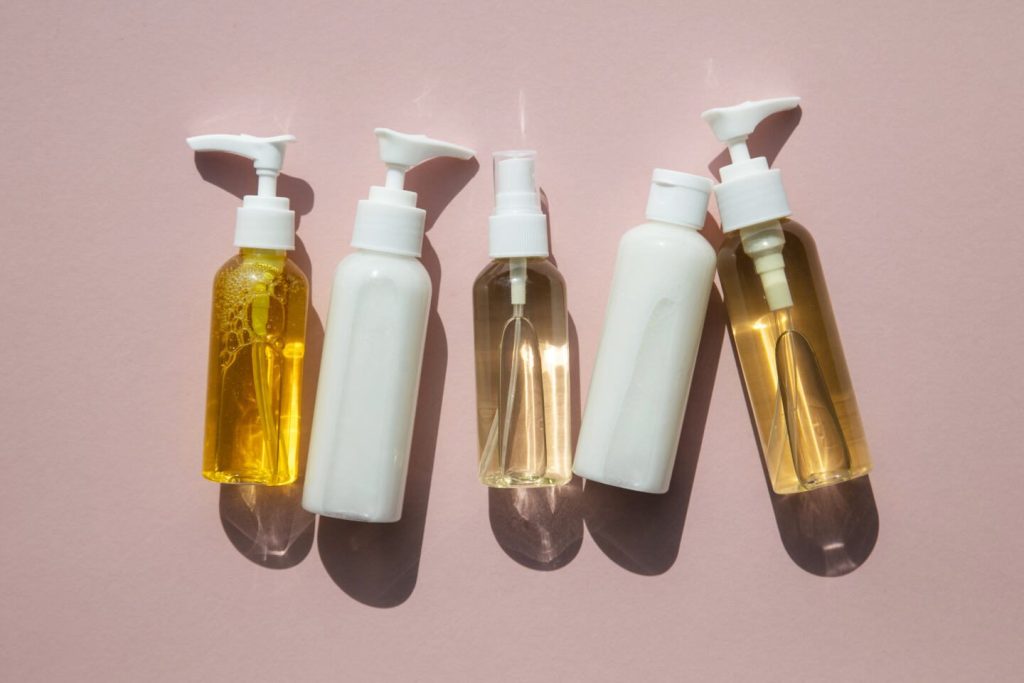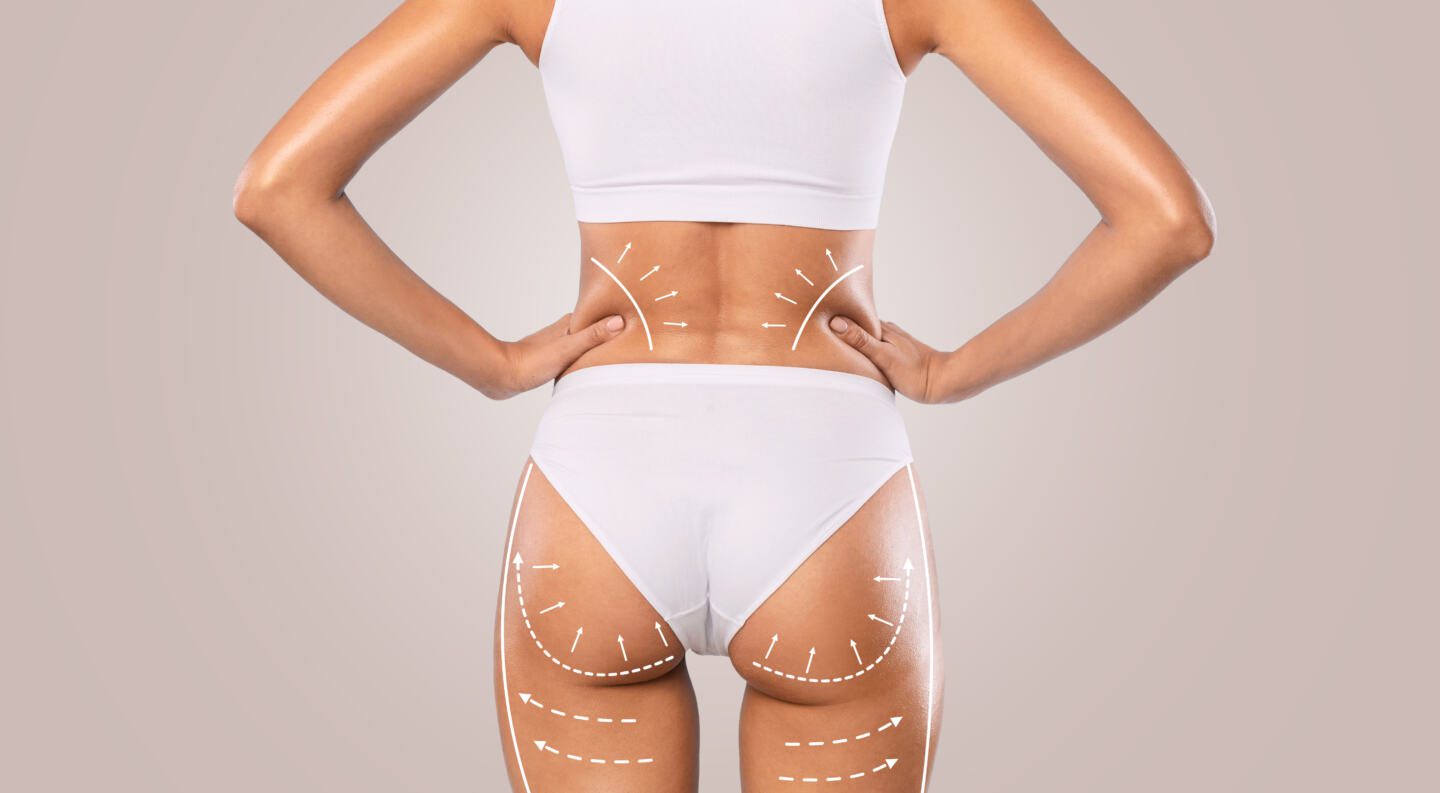The Best Skincare Routine Students Can Afford

Skincare is an essential aspect of daily self-care, yet for students navigating the challenges of academic life and budget constraints, establishing an effective skincare routine can seem daunting. Students often face skin concerns such as stress-related breakouts, environmental changes, and the need for affordable yet effective solutions. Recognizing the diversity of skin types and the plethora of products available, this article aims to guide students in crafting a skincare routine that suits their skin’s needs without breaking the bank. By focusing on types of products and adaptable routines rather than brands, we’ll explore how students can maintain healthy, glowing skin through simple, cost-effective strategies.
Understand Your Skin Type
The foundation of any skincare routine is understanding your skin type, as this knowledge guides the selection of products that will be most beneficial for you. Skin types are generally categorized into four groups: oily, dry, combination, and sensitive. Identifying which category your skin falls into can be as straightforward as observing how it reacts to certain environments or products. For instance, oily skin might struggle with excess shine and breakouts, while dry skin tends to feel tight and flakey. Just as students might seek an expert who can write my paper online for me and tailor assistance to their academic needs, selecting skincare products should be a personalized process, focusing on ingredients and formulations that address your skin’s unique characteristics.
Basic Skincare Routine for All Skin Types
A fundamental skincare routine that caters to any budget and skin type involves three key steps: cleansing, moisturizing, and applying sunscreen. These steps form the backbone of skin health, addressing cleanliness, hydration, and protection.
- Cleansing: Choose a gentle cleanser that removes dirt and excess oils without stripping the skin. For oily and combination skin, a foaming or gel-based cleanser can help manage sebum production. Dry and sensitive skin types may benefit from creamier, hydrating cleansers that preserve natural oils.
- Moisturizing: Hydration is crucial for all skin types. Oily skin can opt for lightweight, water-based moisturizers to hydrate without clogging pores. Dry skin types should look for richer formulas with ingredients like hyaluronic acid or ceramides that lock in moisture.
- Sunscreen: Daily sunscreen application is non-negotiable, regardless of skin type or the weather. A broad-spectrum sunscreen with at least SPF 30 will protect the skin from harmful UV rays, preventing premature aging and reducing the risk of skin cancer.
Affordable Additions for Enhanced Skincare
To further tailor your skincare routine to meet specific needs or address particular concerns, consider incorporating additional steps that remain budget-friendly:
- Exfoliation: Regularly removing dead skin cells can brighten the complexion and improve the efficacy of other skincare products. Chemical exfoliants like AHAs or BHAs are effective for most skin types but should be used sparingly to avoid irritation.
- Serums: These concentrated formulas can target issues such as dehydration, dullness, or acne. Look for serums with active ingredients that cater to your skin’s needs. Remember, a little goes a long way, so even smaller, more affordable bottles can last a while.
- Face Masks: Whether hydrating, purifying, or soothing, face masks can offer a boost to your skincare routine. Affordable options abound, and many drugstore brands offer single-use or multi-use masks packed with beneficial ingredients.
Adding these steps doesn’t have to complicate your routine or stretch your budget. By choosing products wisely and using them judiciously, you can enhance your skincare routine’s effectiveness and enjoy healthier, more radiant skin.

Managing Acne and Breakouts on a Budget
Acne and occasional breakouts are common concerns among students, often exacerbated by stress, dietary habits, and hormonal changes. Managing these issues effectively doesn’t have to strain your wallet. Over-the-counter products containing salicylic acid or benzoyl peroxide can be powerful allies in combating acne. These ingredients help to unclog pores and reduce inflammation, respectively.
Remember, consistency is key in acne management. Establishing a routine that includes gentle cleansing, targeted treatment with acne-fighting ingredients, and non-comedogenic moisturizing can make a significant difference. Additionally, avoiding the temptation to pick or pop pimples can prevent scarring and further inflammation. By sticking to a simple, consistent routine, students can manage acne without expensive treatments or products.
Lifestyle Factors Affecting Skin Health
Taking care of your skin involves more than just using topical products. Factors such as what you eat, how much water you drink, the quality of your sleep, and how you handle stress are all crucial to keeping your skin in good condition. Eating a well-rounded diet that includes lots of fruits, vegetables, and beneficial fats can enhance your skin’s health from within. Drinking plenty of water is key to keeping your skin flexible and looking good. Getting enough rest allows your body to heal and renew skin cells, which is vital for healthy skin. Additionally, finding ways to effectively deal with stress, such as through exercise, meditation, or engaging in hobbies, can help in reducing its harmful effects on your skin. Adopting these practices into your daily life doesn’t cost money, yet they can have a substantial impact on the health and appearance of your skin.
DIY Skincare Solutions
For students looking to stretch their skincare budget further, DIY solutions can offer effective alternatives to store-bought products. Natural ingredients like honey, oatmeal, and yogurt possess properties beneficial for the skin, such as moisturizing, soothing, and antibacterial effects. For example, a simple face mask made from honey and yogurt can hydrate and fight minor skin irritations.
However, it’s important to proceed with caution when experimenting with DIY skincare. Not all natural ingredients are suitable for every skin type, and some can cause allergic reactions. Conducting a patch test on a small skin area before applying a homemade product to your face is crucial to ensure safety and compatibility.
Takeaway
Navigating skincare as a student doesn’t have to be a compromise between affordability and effectiveness. By understanding your skin type, adhering to a basic skincare routine, and incorporating budget-friendly strategies for managing concerns like acne, students can maintain healthy, vibrant skin. Lifestyle choices and DIY solutions further enhance skincare without necessitating significant financial investment. Just as the best essay writing service can support academic success without breaking the bank, a thoughtful approach to skincare can yield positive results without undue strain on your budget. Remember, the best skincare routine is one that fits your life and your means, fostering both skin health and financial well-being.

 Hairstyle options for your wedding day
Hairstyle options for your wedding day  Is laser treatment the right choice for hair removal? Find out here
Is laser treatment the right choice for hair removal? Find out here  The rise of non-surgical brazilian butt lift techniques
The rise of non-surgical brazilian butt lift techniques  How removing unwanted tattoos can boost body confidence
How removing unwanted tattoos can boost body confidence  Kratom for skincare:Do kratom skincare products really work?
Kratom for skincare:Do kratom skincare products really work?  Are discount contact lenses a safe option?
Are discount contact lenses a safe option?  Building Your Network in College: A Guide for Aspiring Professionals
Building Your Network in College: A Guide for Aspiring Professionals